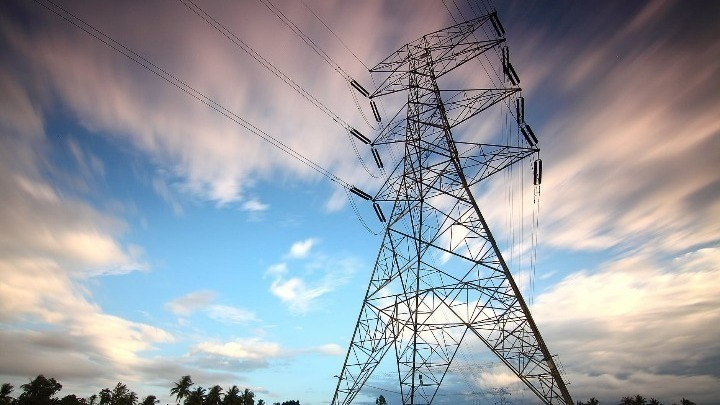
Special tariffs will come into effect on January 1 for consumers who use the so-called 'smart meters' for electricity consumption, designed by electricity suppliers in compliance with the decisions of the Ministry of Environment & Energy for the new framework that will determine retail electricity as of 2024, it was reported on Saturday.
Smart meters ensure significant advantages for consumers, one being the application of different tariffs during the day depending on the fluctuation of prices in the stock exchange. During midday summer hours - when photovoltaic production peaks and market prices fall, often near zero - lower consumer prices will apply while at peak times (afternoons when photovoltaic production is off) charges will be more expensive. In other words, consumers will be able to save money by shifting consumption in off-peak hours and avoiding the use of energy-intensive devices during peak hours.
According to data included in the revised energy planning submitted by the Greek Ministry of Foreign Affairs to the European Commission, by 2021 some 13,000 smart meters at the medium voltage level and 70,000 at the low voltage level had been deployed for consumers with high electricity demand. In 2022, 100,000 smart meters were installed. These are estimated to increase to 500,000 in 2023, then between 800,000 and 1 million each year thereafter from 2024 to 2030.
The goal of the Hellenic Electricity Distribution Network Operator (HEDNO) is for all power consumers to be using a smart meter by 2030, while by the end of 2024 it is estimated that over half of the energy (55%) distributed in the network will be registered with smart meters, also known as 'telemetering', it was noted.
Also in progress, is HEDNO's 1.2 billion tender for the supply and installation of a total of 7.3 million low-voltage smart meters, a project for which a financing agreement was signed on Nov. 7 in Athens by EIB vice-president Kyriakos Kakouris and the Hellenic Electricity Distribution Network Operator (DEDDIE) managing director Anastasios Manos, in the presence of Prime Minister Kyriakos Mitsotakis and the President of the European Investment Bank (EIB), Werner Hoyer.
The tender is expected to be completed in early 2024.






